Interview: Ben Williams
August 26, 2021
Photos by Stanley Collins
On February 7, 2020, Ben Williams released his 3rd studio album, I Am A Man. An album inspired by the Memphis Sanitation Strike of ‘68, I Am A Man was made in the spirit of liberation and protest, meditating on the moment and envisioning a future yet actualized. Not too long after the release of the album, New York, where Williams was living at the time, went into a full lockdown in response to the burgeoning pandemic, which meant that the tour Williams had planned had to be postponed.
As the year unfolded, the country, and the world at large, were met with uprisings in response to the violence that empire had wrought: police brutality, medical apartheid, settler colonialism, and so on. The themes present on Williams’ album took on a new life. And while Williams’ new album didn’t get a chance to live in a live space, its presence was felt.
I Am A Man, is an album of the moment, but also exists outside of time. Williams did not foresee 2020 unfolding in the manner that it did, yet his album remains prescient.
In the past few weeks, Williams has begun playing live shows again, and on Friday, August 13th, he made his stop in Philadelphia playing two shows at Chris’ Jazz Cafe. Before his show, I got a chance to talk to Ben about what it’s been like playing shows again, his album, I Am A Man, working with Kendra Foster, and a bunch more.
The following has been edited for length and clarity.
Stanley: A little after I Am A Man came out we went into lockdown. You played New York last night, so I’m curious to know what’s it been like to be able to play shows again?
Ben Williams: Yeah, like the album came out about a month before everything shut down. So, this new album, this music, hasn't really had much of a chance to live in a live space since it came out.
I've always loved making albums – that process of creating, that experience, but also, you know, as a – for lack of a better term – a jazz musician with an ensemble, the tunes get a life of their own on stage. And that's kind of how we have always treated the music.
This album is a lot more like R&B and Soul-inspired compared to my previous project, especially with the singing and the production. But, you know, we still kind of hit the stage with the same spirit, being in the moment, creating stuff on each gig.
Doing stuff on the spot and making a note to remember that next time we play. But when you’re not playing shows, you don’t get that experience.
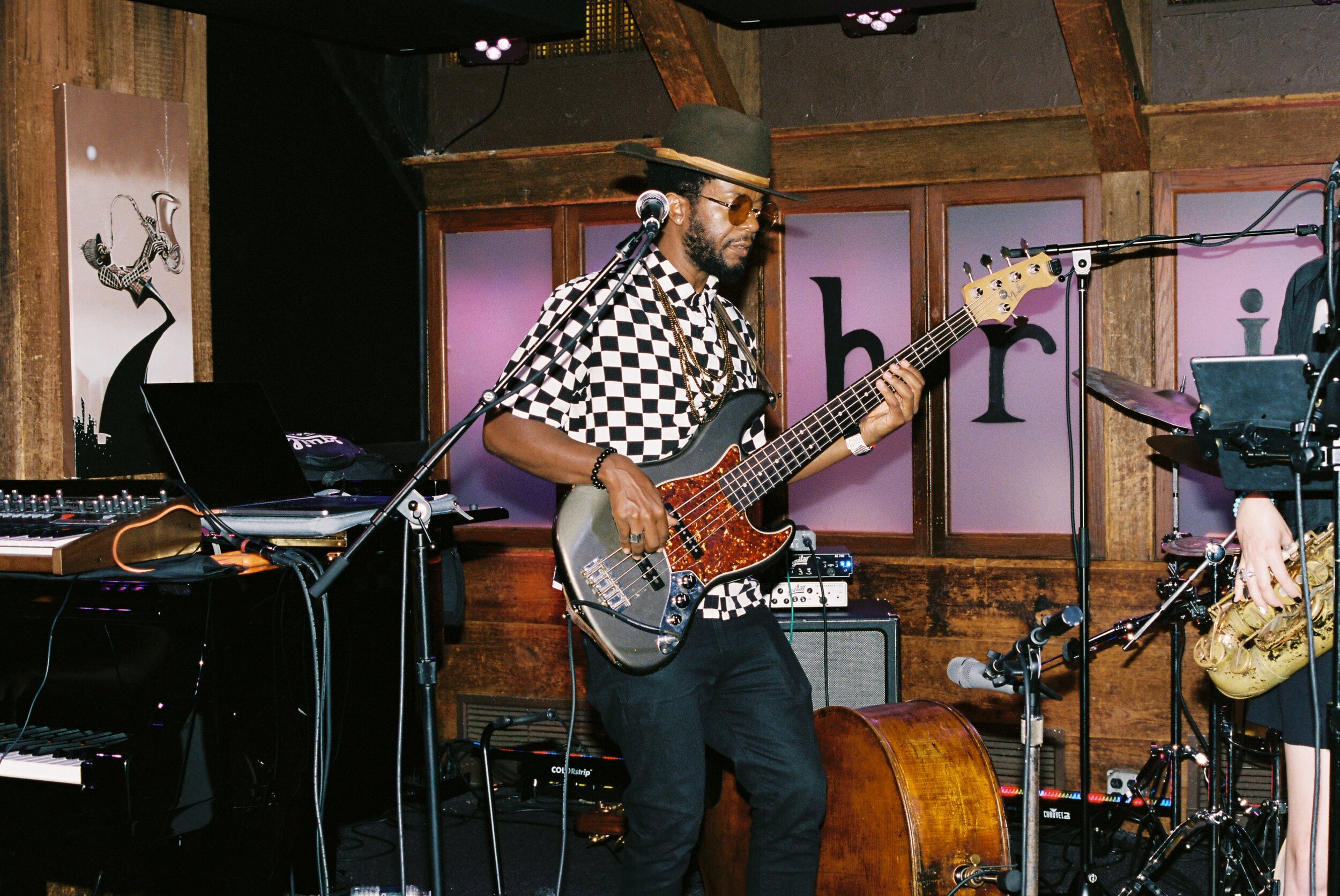
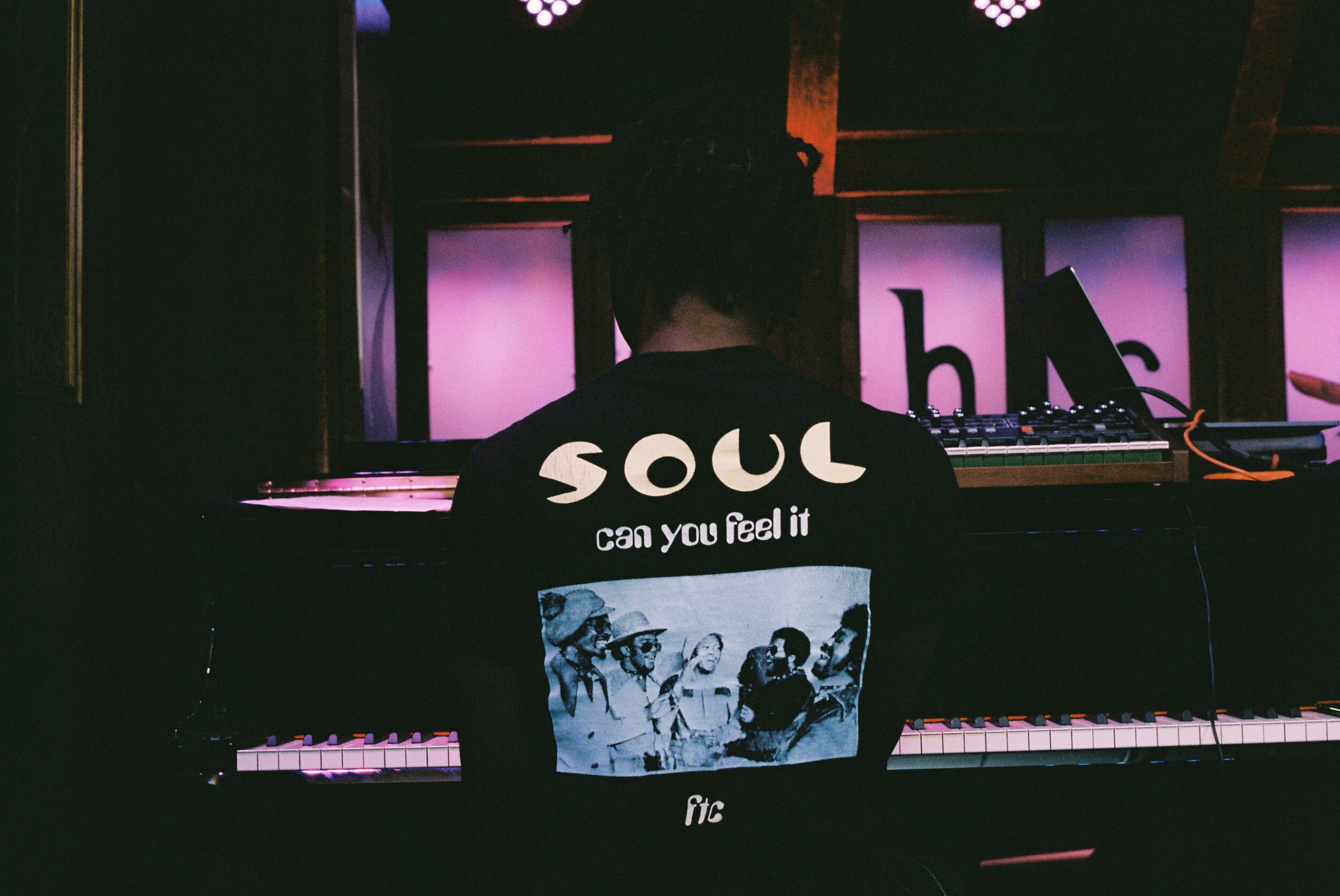
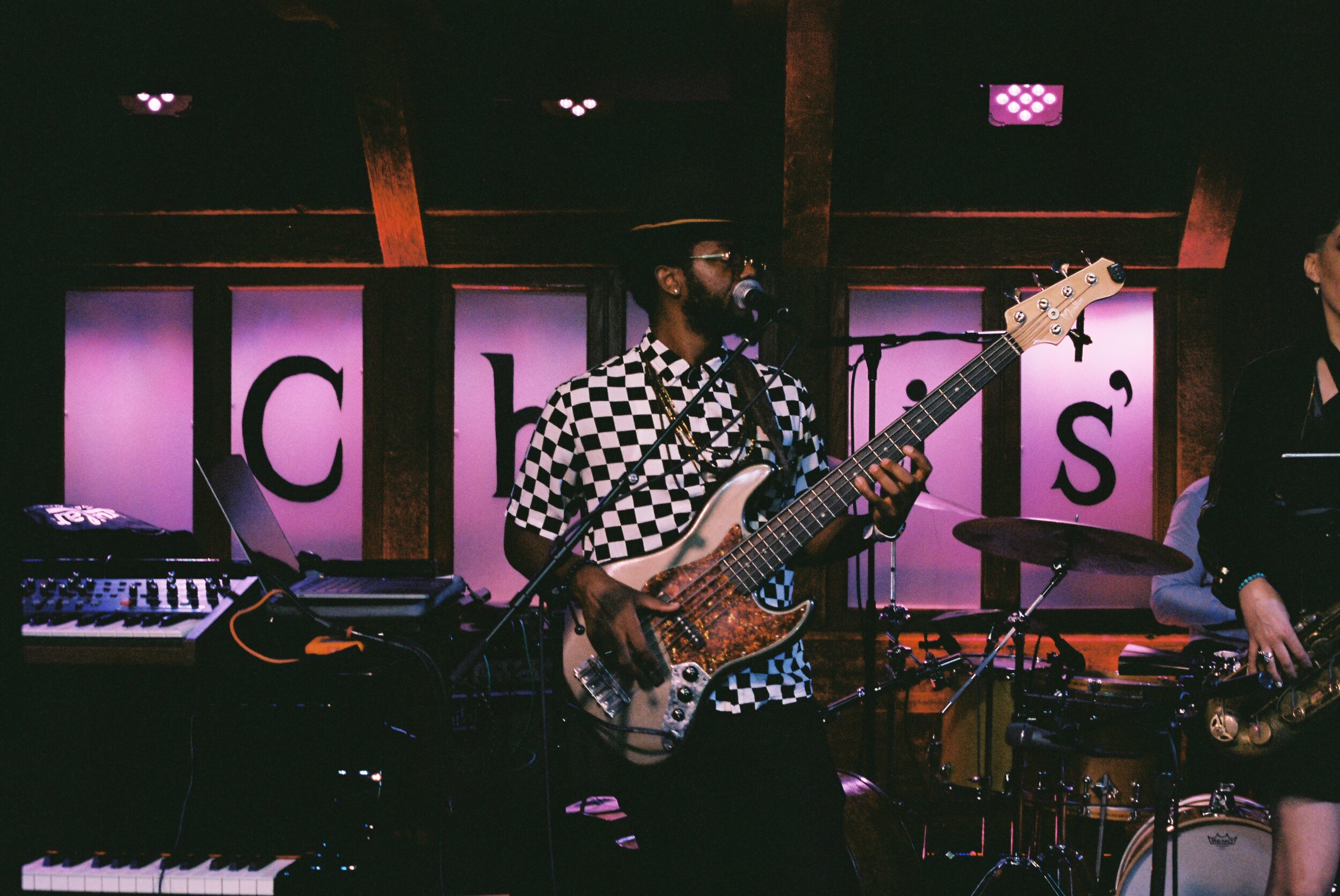
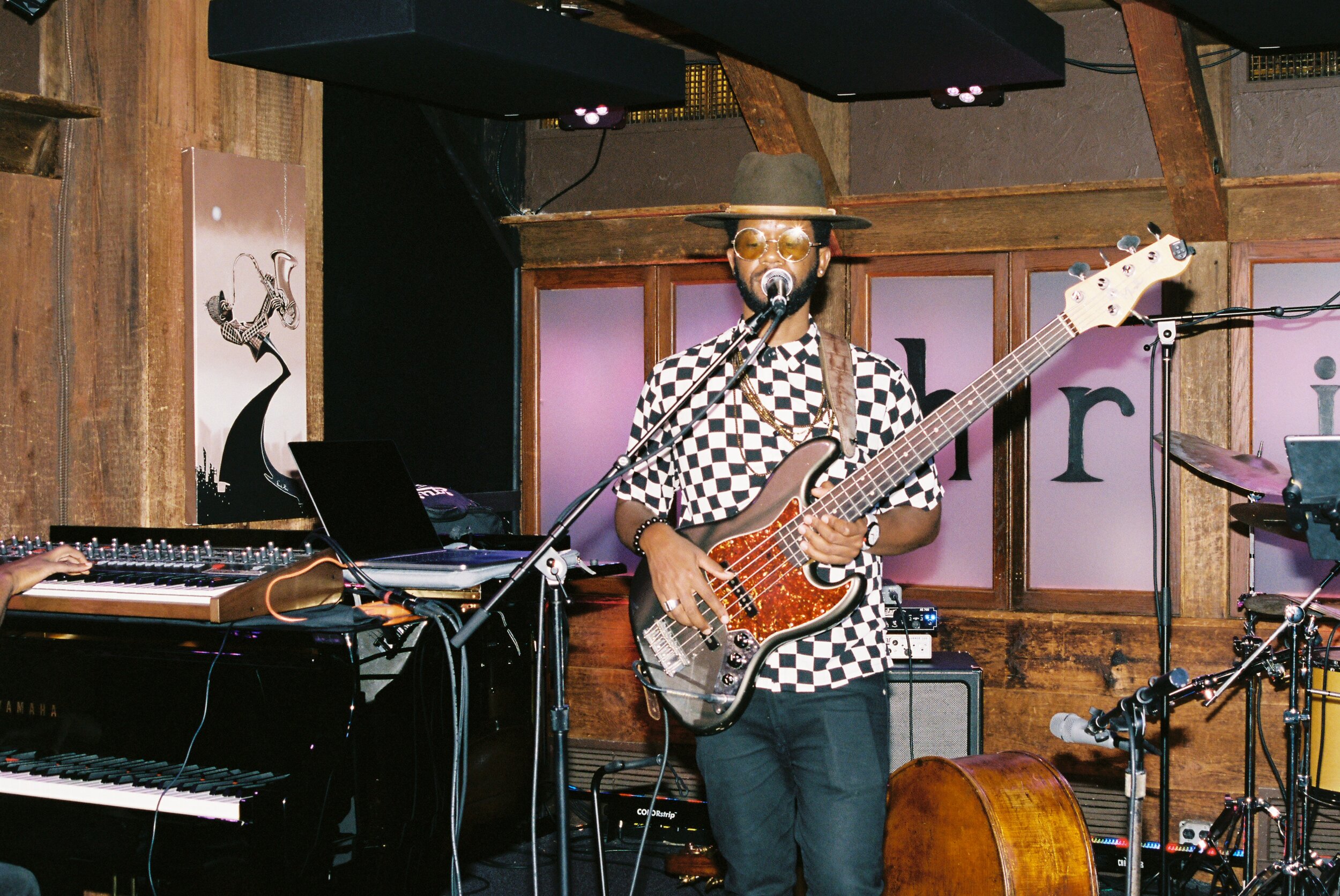
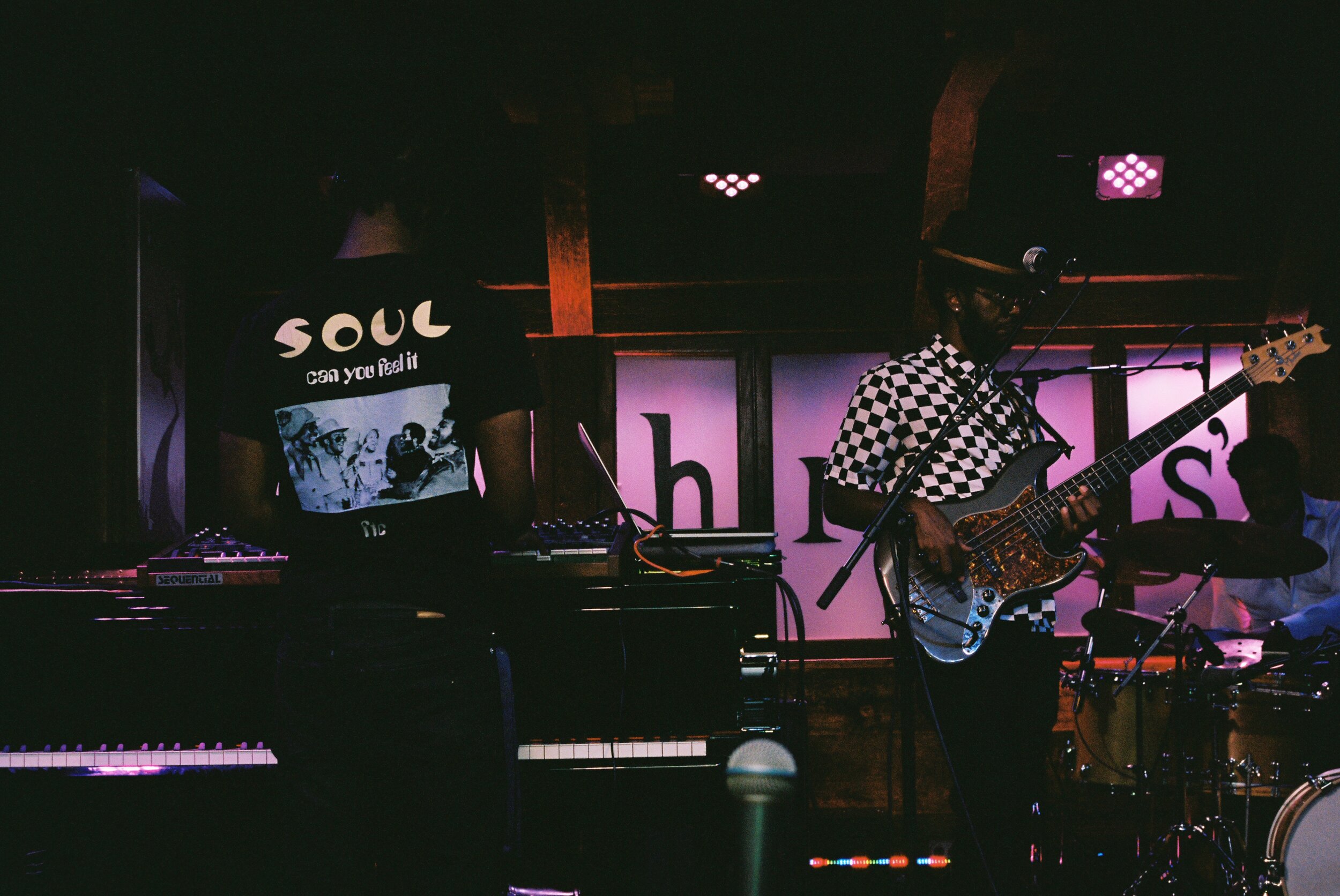
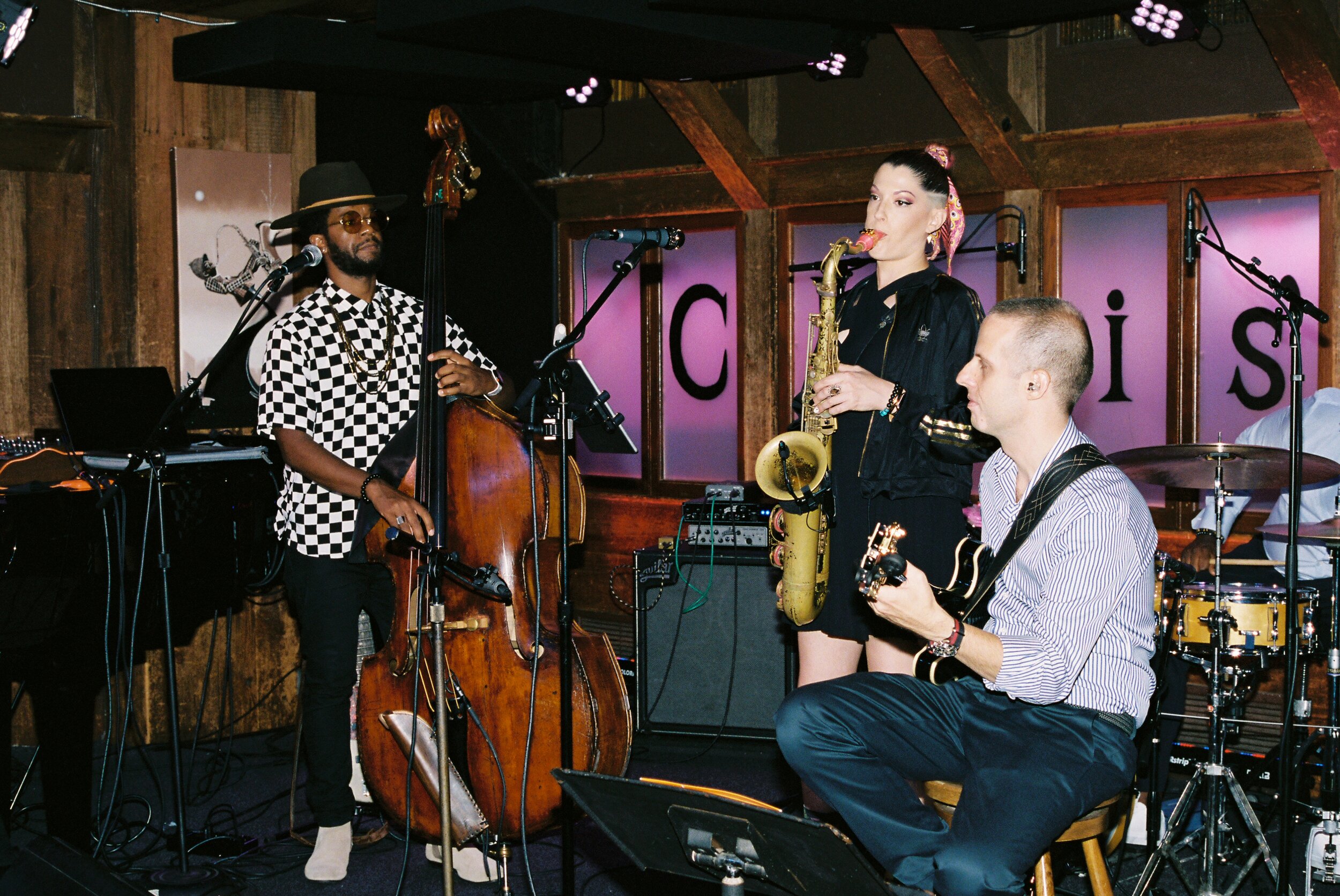
Stanley: Yeah, and thinking about this album, there’s a lot more singing on here compared to your other projects. Prior to this album, I didn’t know what your singing voice sounded like. This is kind of awkward, but I remember looking for videos of you online to try match the voices to confirm it was you. But anyway, I was wondering why you felt like you wanted to explore that element on this album?
Ben Williams: I've done a lot of collaboration with vocalists on my past albums. And at first, this album was going to be sort of like a special guest, feature on each track and have different singers type of thing.
I was on the road with Jose James, and we were touring most of the year. We were just hanging out and I played him some demos. I usually make demos even when I'm writing for other singers, kind of like kind of producing the songs when I sing on them just so they can kind of get an idea of what the tune sounds like.
He heard some of the demos, and was like, “Oh, these are great. So, who's that singing?” I was like, “that’s me!” [laughs]. He thought I sounded good and asked me if I ever thought about singing the songs myself. The thought of singing the songs myself never really crossed my mind.
We start doing shows with the new music, and I had other singers, but I just started incorporating my own vocals in the show. And eventually just getting comfortable with the idea of singing. And Brian Bender, my engineer, Jose, and Talia Billig – who founded Rainbow Blonde, the label that put out the album – they were all rooting me on. And I just kind of made a decision before we recorded, I was like, you know, I'm just gonna try to sing all of these myself and, it was kind of scary, uncharted territory, but just went for it.
…the album just totally spoke to everything that was happening and became so relevant.
Stanley: You worked with Kendra Foster on this album. And I think about a song like Come Home, that you both co-wrote, where y’all are singing about these very real emotions Black folk, in particular, feel when we have interactions with the police – just get home. The song also somewhat of a really strong emotional point in the album, too.
I'm curious to know how you all met and what it’s like working with her?
Ben Williams: Yeah, we met through a friend of mine and a mutual friend of ours, Ray Angry, some years ago working on one of his projects. We’d just always kind of bump into each other through the scene and, you know, to share the stage a couple of times. And I've always been a fan of her work. You know, all the stuff she’s done with D’Angelo and her own projects. I appreciate her voice and her overall approach to music.
We're both big Prince fans, too, so that connected us as well. You can hear that in the song, too. We’re just kind of like musical soulmates.
When I started writing Come Home, I had a chorus and a basic melody of the song. I was like, you know, Kendra would know exactly what to add. I just hit her up, and she was totally down.
Stanley: That’s incredible. I think about the bridge to that song often.
Ben Williams: Yeah, she wrote that bridge. She's one of the greatest songwriters of our generation, I think.
Stanley: I Am A Man came out in the early part of 2020, but over the course of the year it felt like the album was evolving, especially considering so many of the themes you were addressing. And for me, the album was a guide and a place of comfort in trying to work through so many of the emotions from the year.
Could you talk a little bit about what inspired album, but also seeing it kind of evolve over the course of the year?
Ben Williams: The album has the spirit of social justice, talking about these issues, which is something I always like to do in music. The album is inspired by the Memphis Sanitation workers strike of ’68. And “I Am A Man” was the motto for them, and kind of became a civil rights slogan.
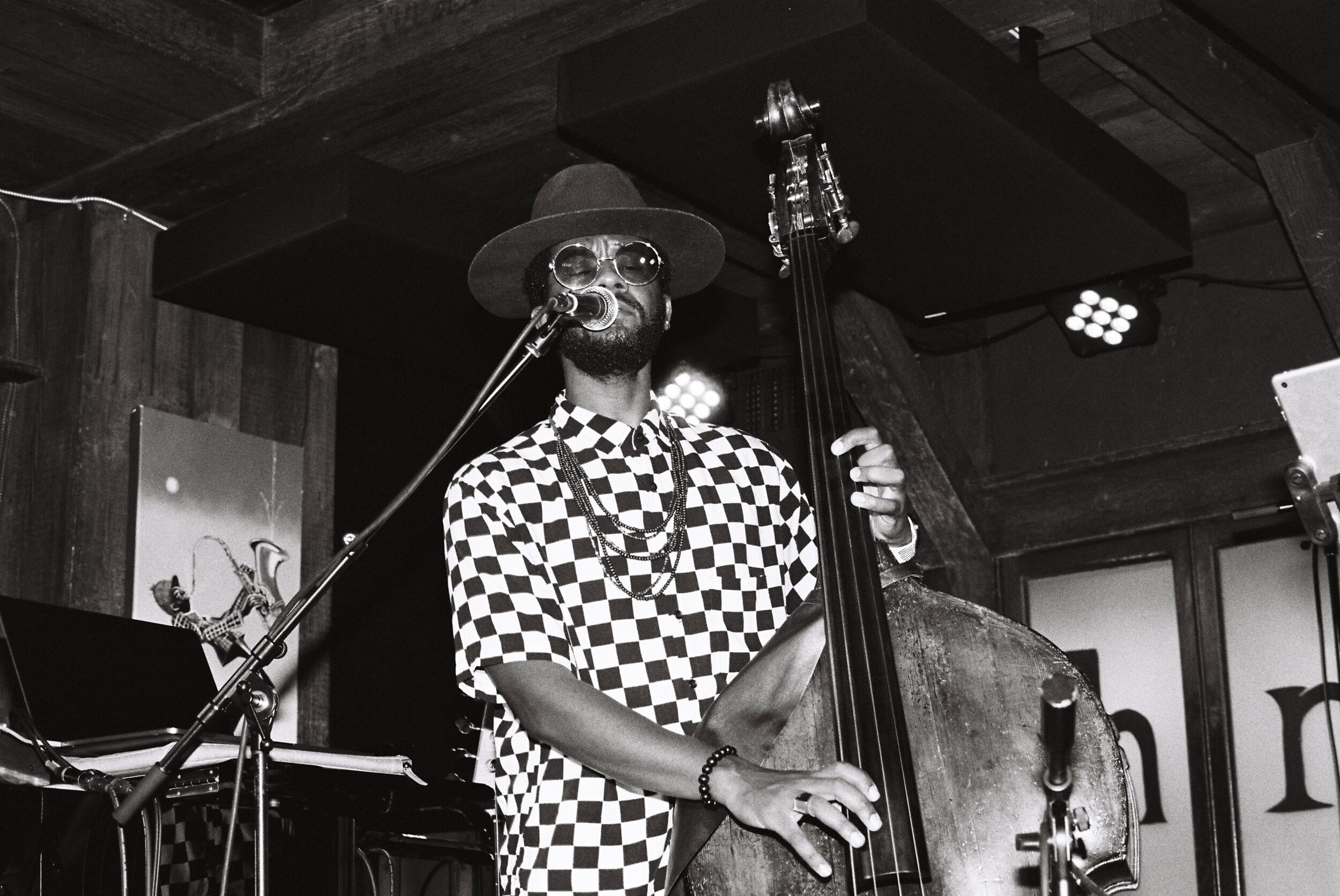
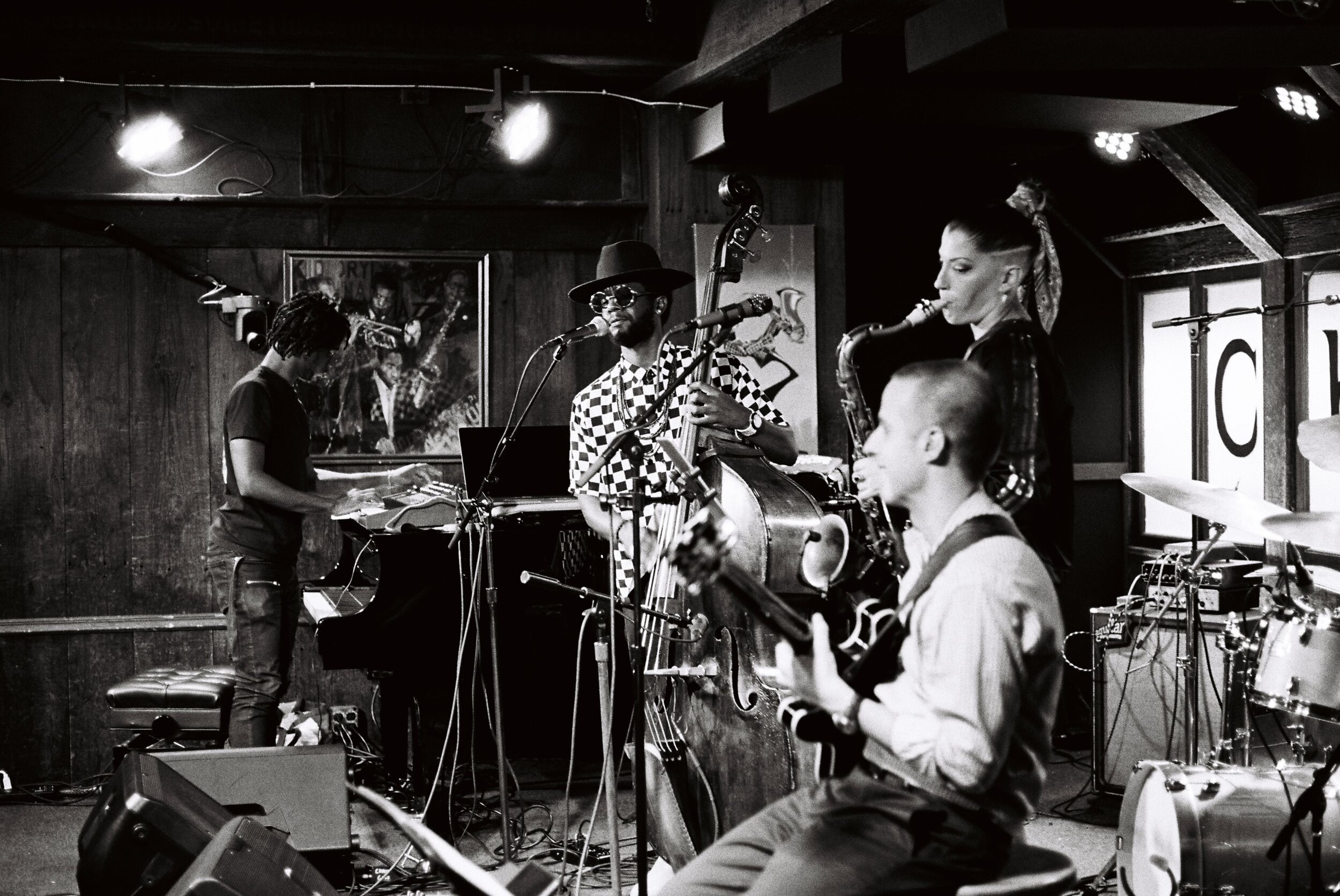
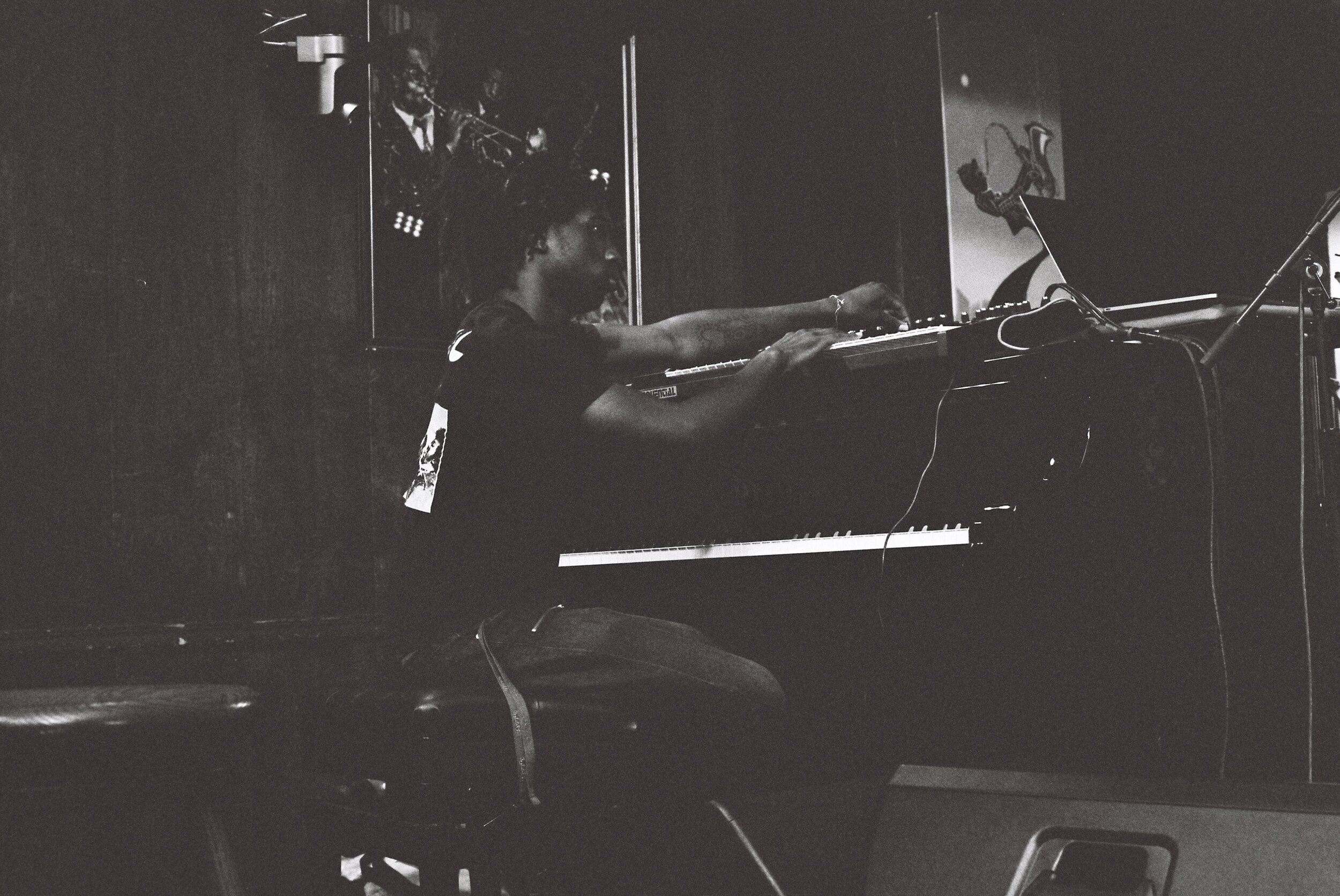
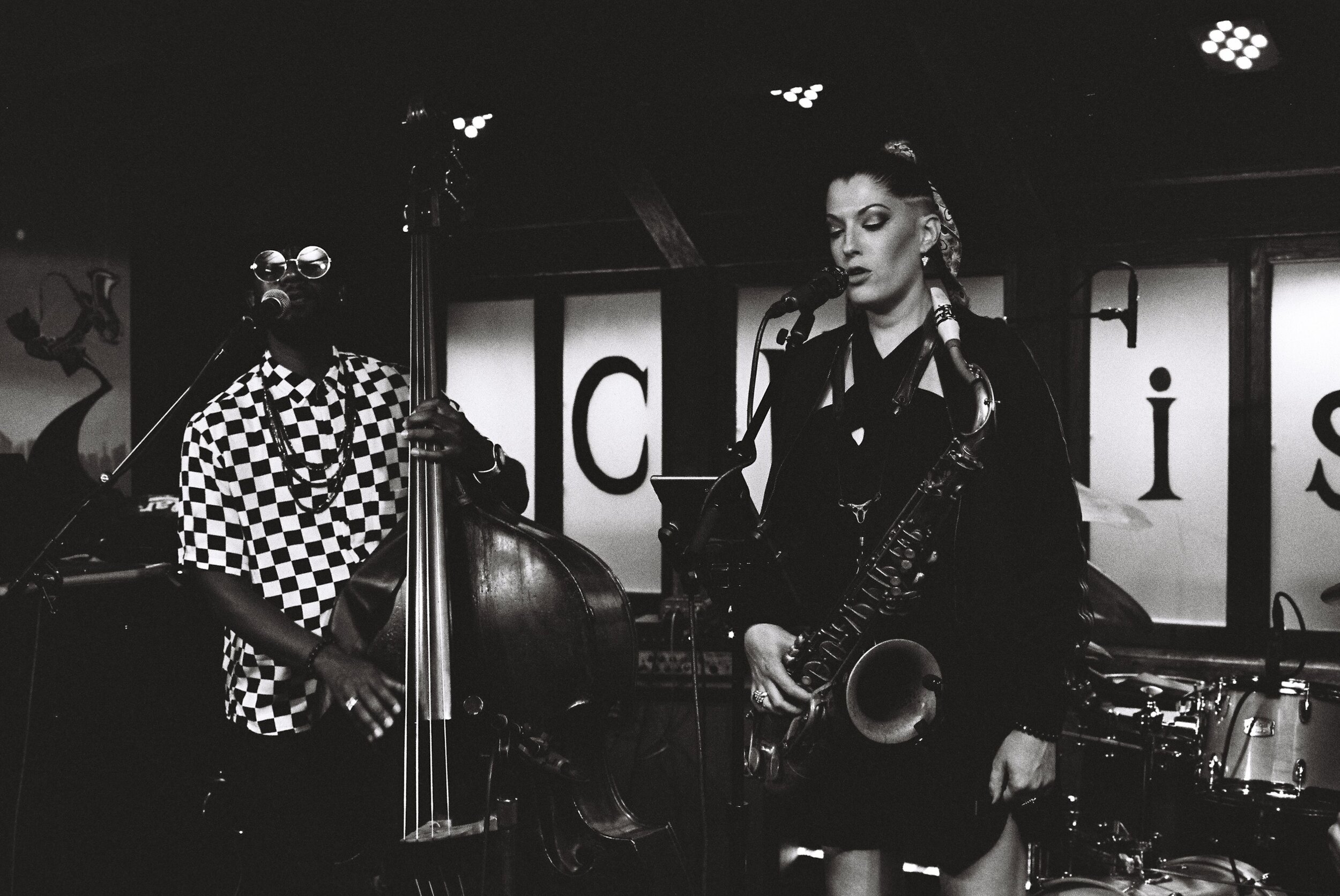
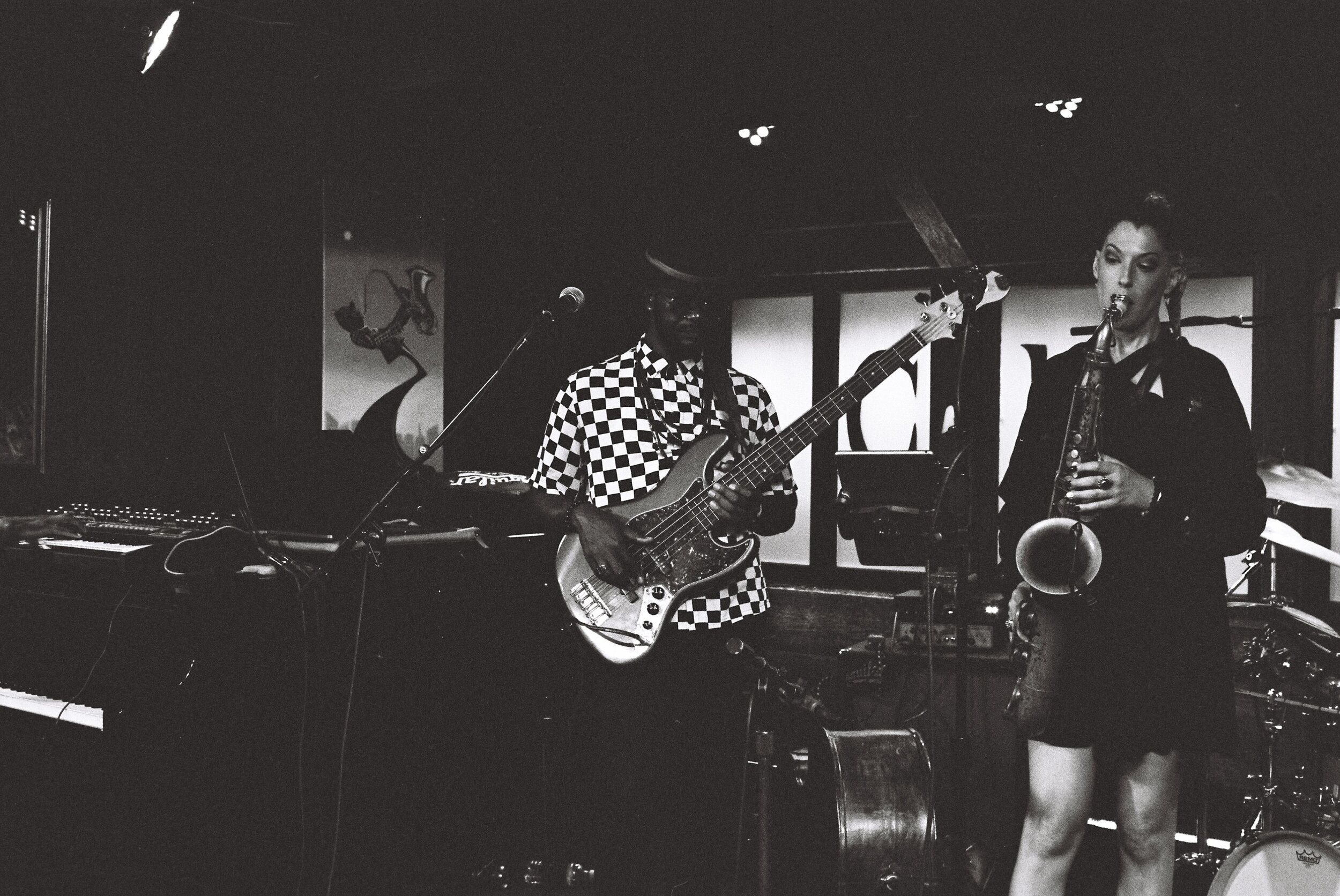
I also remember being inspired by watching a documentary called 13th. They had this montage at the end of it, and there was a still shot of the sanitation workers strike. Something about it just kind of stuck out to me.
To me, saying “I Am A Man,” is an idea that speaks to something larger. I've sort of taken the idea of what that phrase meant to them in ‘68, and what that means to us, and what it means to me and my community, and just kind of taking the introspective look into all the issues that we face, how we process it.
And then yeah, like you said, the summer that followed, the album just totally spoke to everything that was happening and became so relevant. And you know, it's not like it was anything new that happened, as we all know it’s been happening for a long time. And it was just a perfect storm of being in the middle of a pandemic and everybody being home, and the graphic nature of this video that sparked protests and outrage.
What I was speaking to in the album and what happened throughout the year, just made that point clearer, you know? Like, all of this stuff didn’t just happen in the past, this is all still going on. The album just proved a point, of like, yeah, “that's what I was talking about.”

